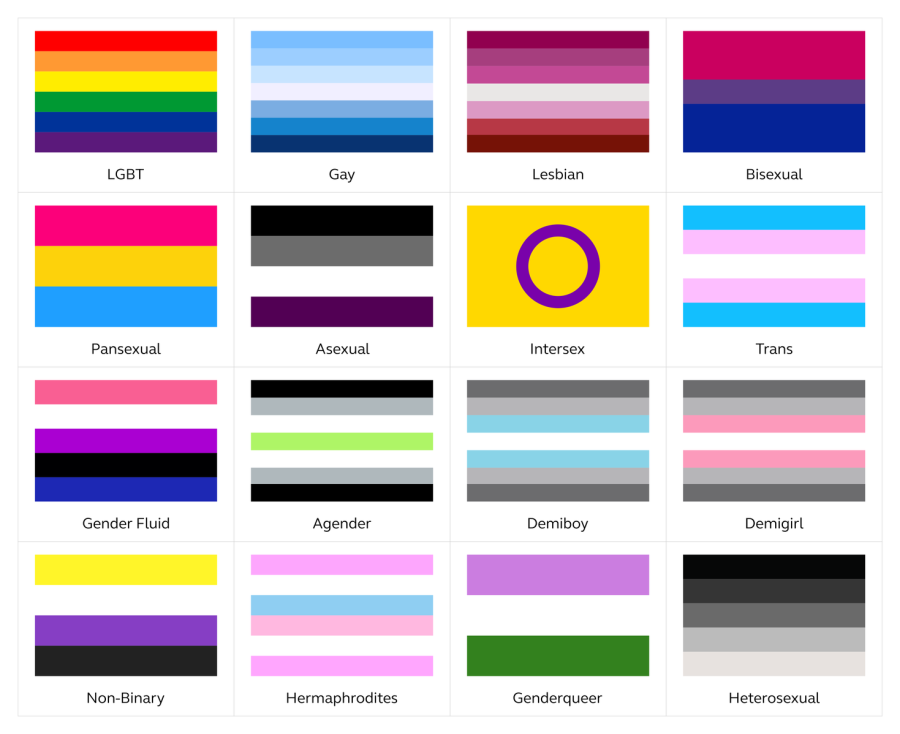Questioning Gender: ‘I realized I knew who I was’
Photo by: Wikimedia Commons– Questioning your own gender can be a daunting experience, but it can also help you better understand gender as a whole.
October 19, 2022
A thought struck me a few months ago: question your own gender before you question anyone else’s.
Upon further reflection, I don’t agree with myself; I don’t think you should ever question someone else’s gender, really. But I think there’s a kernel of truth to my idea, because it emphasizes that questioning your own gender is a crucial step toward understanding gender at all.
Uncertainty is a discomfort often found when we interrogate our assumptions, and as such I cannot blame anyone for avoiding the question, “What is my gender, anyway?” I certainly did for a long time. Yet I think it is an important question to ask yourself.
Like many others, I began questioning my gender consciously during the lockdown of 2020. The process was frightening and disconcerting, but it allowed me some much-needed space to breathe, and ultimately, two and a half years later, I am much happier for it.
One of the questions I have asked myself time and time again, even as I have grown surer of my gender, is “How do I know what my gender is?” If gender is an internal sense of self first and foremost, how do I know what it is?
The best answer I can give is that I just know it. Every bone in my body, fresh from earning degrees in English and philosophy, fresh from classes on semantics and logic, balks at this statement. It’s circular reasoning at best, begging the question at worst.
Nevertheless, I really do think that this is the crux of the matter.
I spent months—years—trying to make a logical equation of the mess of gender. I wrote essays, bordering on theses, for no audience other than myself. I questioned my gender with the formulae of philosophers, trying to find some way to marry Anselm’s Ontological Argument to Descartes’ “I think therefore I am.”
I got nowhere.
And yet, I couldn’t shake my inner feelings. I knew my gender, intimately, often secretly, but always completely.
So how can this help you?
It’s simple, really. Don’t do what I did. Don’t question your gender the hard way.
Chances are, if you ask the question, the answer will present itself. It may be frightening or disconcerting or not what you want it to be, and it may even change over time (gender is fluid, after all).
The beauty of it, the beauty I wish I’d known, is that you don’t need to come out of your questioning with a rational, logical argument or a set of axioms and facts. It is enough to know. Once you know, sometimes arguments and facts will follow, but you don’t need them for gender.
Gender is not a hard, data-driven science. It’s you, me and all of us. I’m not a woman because I want to be or because I have a host of memories from my childhood that corroborate my identity. I’m a woman because one day not too long ago I realized I knew who I was.
I’m transgender. There’s a lot of shit going on around that. That mess makes it difficult for people to consider their own gender with the openness it took me to come out as trans to myself and, later, to my friends, family and community.
I also think that questioning your gender is a beautiful and liberating thing to do.
The act of questioning your gender may be hard, but you can question it the easy way: ask yourself, “What is my gender, anyway?”
Ivy Buchan is an administrative assistant in the UWO College of Business.














